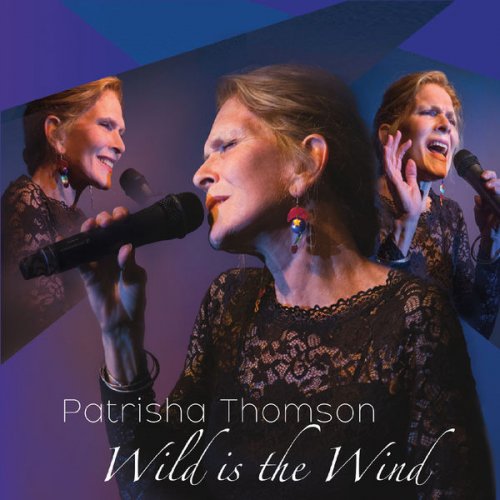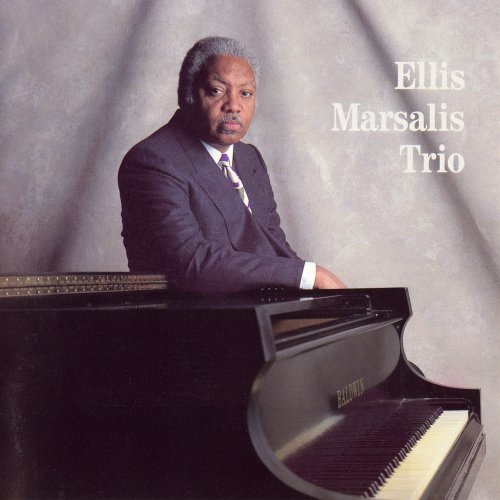Anya Alexeyev - Parallels: Piano Music of Scriabin and Roslavets (2011) Hi-Res
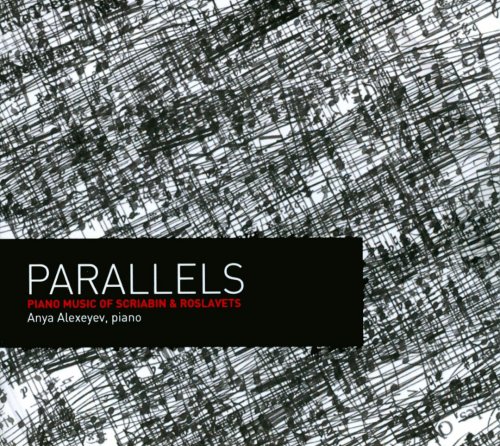
Artist: Anya Alexeyev
Title: Parallels: Piano Music of Scriabin and Roslavets
Year Of Release: 2011
Label: Marquis
Genre: Classical
Quality: FLAC (tracks) 24bit / 96.0kHz
Total Time: 01:12:57
Total Size: 994 Mb
WebSite: Album Preview
Tracklist: Title: Parallels: Piano Music of Scriabin and Roslavets
Year Of Release: 2011
Label: Marquis
Genre: Classical
Quality: FLAC (tracks) 24bit / 96.0kHz
Total Time: 01:12:57
Total Size: 994 Mb
WebSite: Album Preview
01 - Scriabin. Piano Sonata No.2 Op.19 - I. Andante
02 - II. Presto
03 - Roslavets. Piano Sonata No.2 - Moderato con moto - Allegro moderato
04 - Scriabin. Two Poems Op.32 - No.1 Andante cantabile
05 - No.2 Allegro Con eleganza - Con fiducia
06 - Roslavets. Two Poems - No.1 Allegretto fervido
07 - No.2 Moderato
08 - Scriabin. Five Preludes Op.74 - No.1 Douloureux dechirant
09 - No.2 Tres lent contemplatif
10 - No.3 Allegro drammatico
11 - No.4 Lent vague indecis
12 - No.5 Fier belliqueux
13 - Roslavets. Five Preludes No.1 Andante affettuoso
14 - No.2 Allegretto con moto
15 - No.3 Lento
16 - No.4 Lento
17 - No.5 Lento rubato
18 - Scriabin. Three Etudes Op.65 - No.1 Allegro fantastico
19 - No.2 Allegretto
20 - No.3 Molto vivace
21 - Roslavets. Three Etudes No.1 Affettamente
22 - No.2 Con dolce maniera
23 - No.3 Burlando
Performers:
Anya Alexeyev, piano
It may seem unlikely that Nikolai Roslavets would have consciously composed works in imitation of Alexander Scriabin, so that both composers would have pieces that could be matched up, title for title, as they are on this album by pianist Anya Alexeyev. But once one hears the music, the influence of Scriabin is obvious and omnipresent, so such a gesture on Roslavets' part as naming and numbering his pieces after Scriabin's doesn't seem farfetched. Roslavets' Two Poems, Five Preludes, and Three Etudes correspond to the identically named Scriabin works, which are paired here, and even the two piano sonatas have a superficial resemblance in their two-movement formats. But beyond the uncanniness of the pairings, the connections in the music can be explained easily, for Roslavets adopted many of Scriabin's techniques, most notably the use of the "synthetic chord" or a central complex harmony used as source material for an entire composition, in the manner of Scriabin's Prometheus, Poem of Fire. Furthermore, Roslavets would have regarded Scriabin as the most progressive mind in Russian music of his day, perhaps as innovative as Schoenberg was in Austria, so he obviously derived his methodology and sound from his predecessor. Because the hot-house, perfumed style of both composers creates a dreamlike blur, it's easy to confuse their pieces here, and unless one pays strict attention to the track listing, the beginnings and endings of pieces can seem indistinct. Alexeyev is skilled and expressively adept in this genre of piano music, and she plays with great energy and passion, though her languorous style of performance lends a similarity of mood to the pieces, which makes it even more likely that listeners will draw the intended parallels between Scriabin and Roslavets. Marquis' sound is enjoyable for its clarity and resonance, and the ambience of the room lends an appropriate aural halo to the piano.
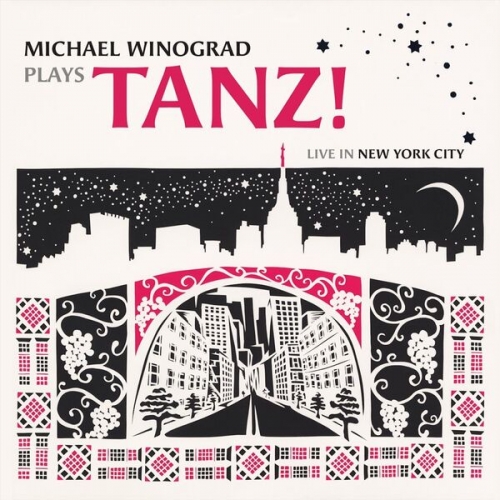
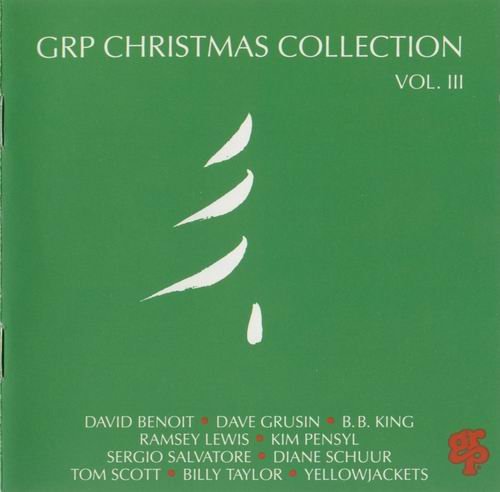
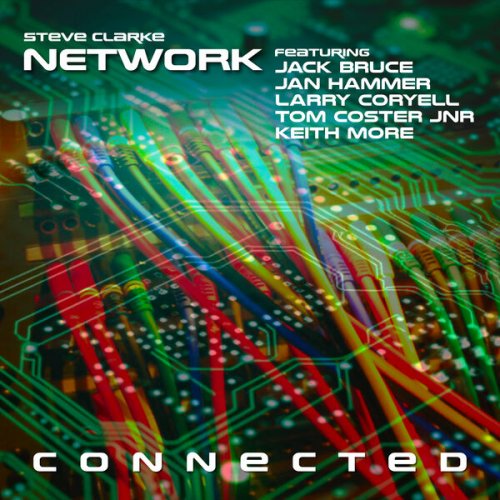
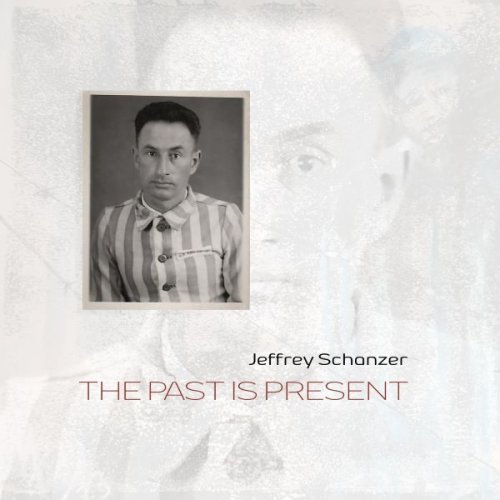
![Gianni Oddi - 3 (1974) [Vinyl] Gianni Oddi - 3 (1974) [Vinyl]](https://www.dibpic.com/uploads/posts/2025-12/1766644979_5.jpg)
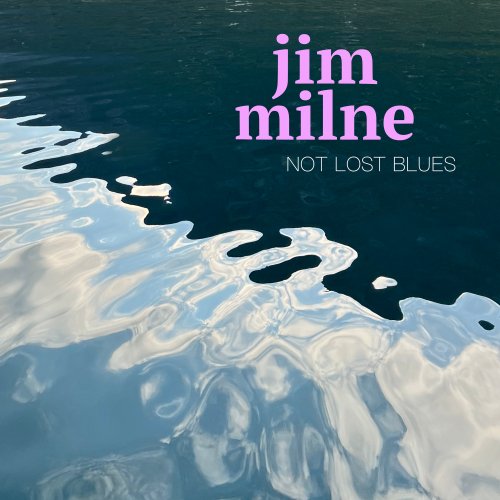
![Johnny Mathis - Sending You a Little Christmas (2013) [Hi-Res] Johnny Mathis - Sending You a Little Christmas (2013) [Hi-Res]](https://img.israbox.com/img/2025-12/23/38ptbeu2vtopjom56b48st4yc.jpg)
